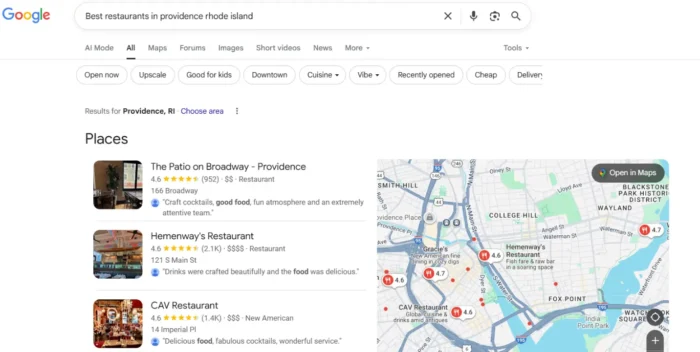Why Google's ad test to replace cookies may face hurdles
Search giant opens testing in Privacy Sandbox for its new platform that targets ads based on broad interests.

Google is moving ahead with testing Topics ad targeting on Chrome web browsers, all part of its post-cookie advertising plan. In the latest update, Google revealed details about how the system will work, including a sampling of how it will collect data about the interests of consumers online.
On Thursday, Google announced that it would start trials of Topics API, a software platform that publishers and ad tech providers will plug into in order to help target ads when people visit their sites through the Chrome browser. Google said the new ad targeting tests will be open to a select few participants, but did not name the companies. Google has been working with publishers and ad tech companies to develop the next-generation ad platform as it looks to deprecate third-party cookies in Chrome and other data tracking technology on Android devices.
Google is trying to figure out if online publishers, and ad tech partners, can still effectively target ads even after Google drops support for third-party cookies as expected next year. Cookies are online trackers that websites place on people’s web browsers when they visit sites; without those beacons, it is more difficult to serve targeted ads based on people’s interests, and it is harder to track the effectiveness of ads. Google also announced that it is testing “attribution reporting” without cookies.
Google revealed some details about how the ad tests will work: Chrome users will be able to opt out of the tests through their “settings.” In Europe, consumers have to opt in to enable the tests.
Sign up for Ad Age’s Influencer Marketing newsletter.
Participants “will be able to see and manage the interests associated with them, or turn off the trials altogether,” Vinay Goel, Google’s product director, Privacy Sandbox, Chrome, said in a blog post on Thursday.
The blog post showed how consumers will see the interests Chrome collects. “Your browsing history affects the ads you see and the interests as estimated,” Google’s notification says within Chrome’s “settings” page. The interests include broad categories like auto and vehicles, books and literature, comics and animation, food and grocery delivery, rock music, and team sports. Google will also list the sites a person visited that contributed to the collection of those interests.
Mathieu Roche, co-founder and CEO of ID5, the digital ad ID services company, said that the need to opt in through Chrome could be a hurdle for adoption. “The premise that users will opt-in to data collection in their browser is likely to be a blocker,” Roche said in an email. “People have a trusted relationship with the content and service provider they access through their browser, not with the browser itself. This is one of the most flawed concepts at the heart of the Privacy Sandbox, and one that we have to push back to protect and support publishers and the service they provide.”
In January, when Google first announced Topics API, the company said that it would start with about 300 interests, and it could eventually provide a few thousand topics. Google said it would collect up to five interests a week every three weeks on internet users, and then share up to three of those interests with websites to target ads.
Google also is testing FLEGE, which stands for “first locally executed decisions over groups experiment.” FLEDGE is a way of conducting ad auctions within browsers, locally on devices, instead of sharing data widely. It’s all part of Google’s so-called Privacy Sandbox, a program the search giant started last year to deprecate third-party cookies in browsers like Chrome, following Apple’s lead, after the iPhone-maker ditched cookies in Safari.
“Once we're confident the APIs are working as designed,” Goel said, “we’ll progress from origin trials to general availability in Chrome, enabling more wide-scale industry adoption, feedback, and further optimization for business use cases.”

 Koichiko
Koichiko 
































